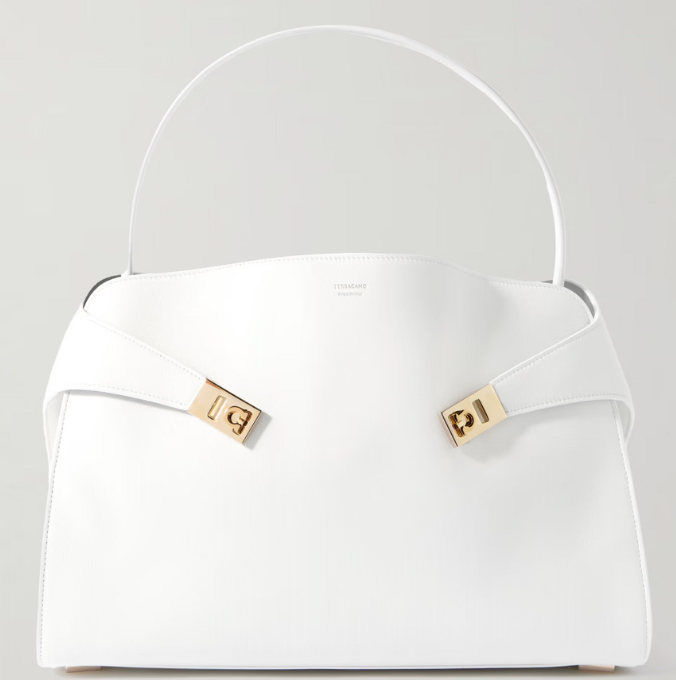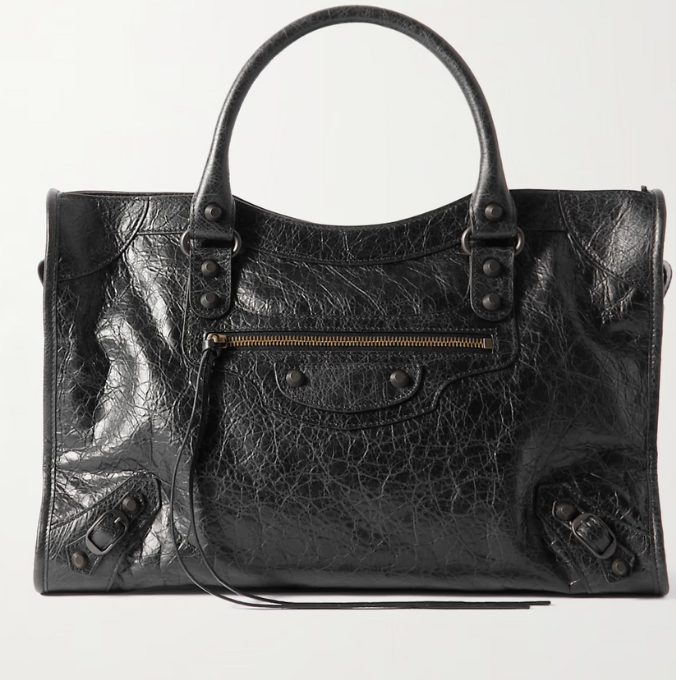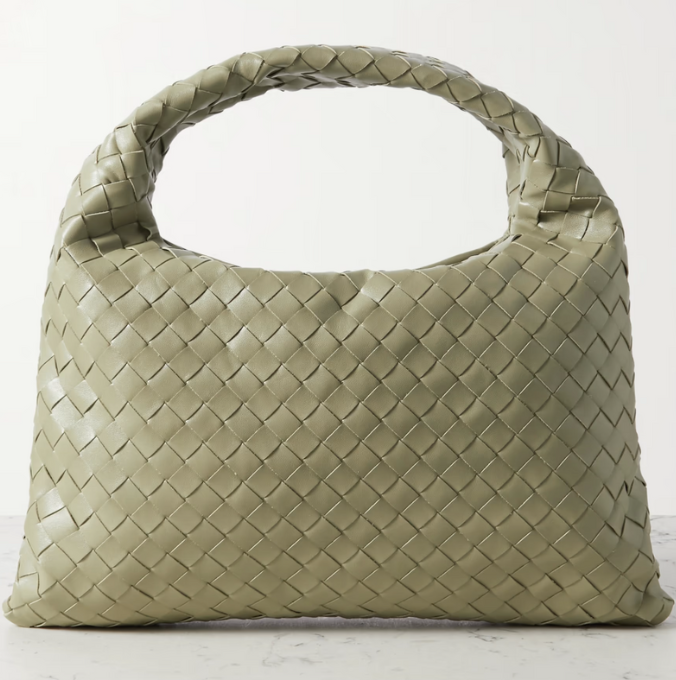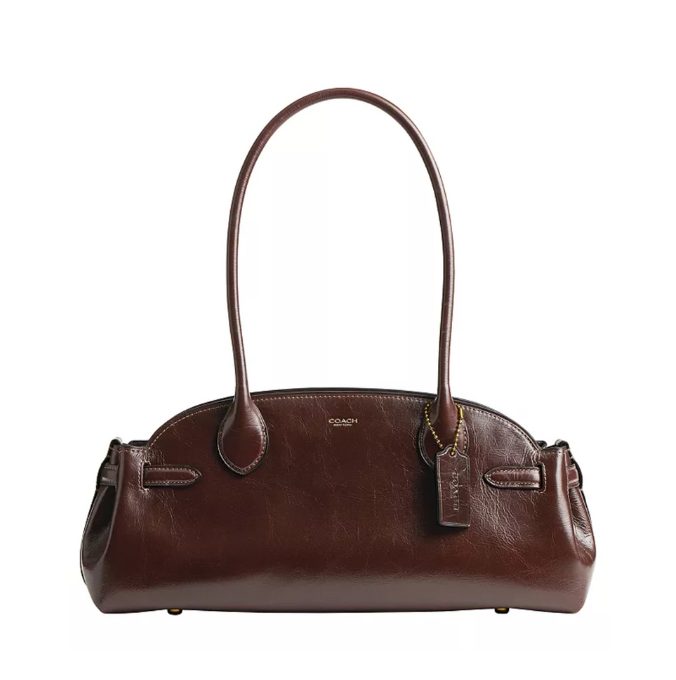As the conversation circulates around food disparities in the Black community, one entrepreneur is looking to provide a solution beginning in Atlanta, Georgia. Southeast Washington D.C. native, Shareef Abdul-Malik is no stranger to entrepreneurship with the focus on circulating the Black dollar back to its own communities. As the founder of WeBuyBlack.com— an online hub for Black-owned businesses to disseminate their products, Coral Oral— the first Black-owned toothbrush company, and Tubman batteries— rechargeable batteries established to “reduce our global carbon footprint”, Abdul-Malik is walking his talk.
In February, Abdul-Malik began a crowdfunding campaign to create the first Black-owned supermarket chain that primarily sells Black-owned products, called Soul Food Markets. As of May 7th, the crowdfund has reached over $350,000 from 11,000 financial backers to help toward the first stage of a $425,000 goal. Altogether, Abdul-Malik will need $1.2 million to purchase and renovate the facility, as well as get it up and running for the community.
“After sampling 500 hundred families in the local Atlanta area [where we plan to open the first grocery store], our data showed that the average household spent $650 dollars a month in groceries. With just 500 families, that’s over $3 Million leaving our community each year. This campaign is not only to help our dollar in our community, it’s also to provide our people with jobs,” Abdul-Malik said of his crowdfund.
According to the Black-owned crowdfunding site WeFundBlack.com campaign, Abdul-Malik’s goals are quite clear:
Source produce and products from Black farmers and entrepreneurs.
Encourage healthier lifestyles by eliminating food insecurity.
Creating generational opportunities for Black people.
“The vision for Soul Food Markets came as a solution to an American burden since African Americans have the highest health disparity, the highest joblessness rate, homelessness rate, poverty rate, crime rate, and imprisoned rate,” Abdul-Malik stated.
Having been featured in Killer Mike’s Netflix docuseries, Trigger Warning with Killer Mike, the model of WeBuyBlack.com is essential to the Black community. However, the idea of a Black-owned supermarket has been done many times, nationwide, with the unfortunate finality of many being closed down and going out of business. But, when talking to community workers that focus their efforts in food disparities and education, it’s simply a matter of baking all of the layers to ensure that Black people are left with more than just eating cake.
There is also a need to address the correlation between food insecurity and its impact on mental and overall health in the Black community. Georgia-based entrepreneur and creator of Carver’s Produce, Yasmeen Salaam, a distributor who specializes in wholesale organic fresh produce, halal meats, and specialty food products, told Essence, “In the context of food choices, healthy food consumption not only requires money but time for purchasing, preparing, cooking, cleaning, and consuming the food. Many black families rely on go-to processed meals or recipes to limit the time and money spent on food. However, we must encourage families to learn the dietary restrictions of the individuals in your household so together you can effectively plan, shop, prep, and cook food together to create optimal health.”
In Baltimore, Maryland, Dovecote Cafe co-owner B. Cole added the icing to the purpose of Black-owned food distribution. “We believe that restoring access to fresh food is a powerful opportunity for community-driven economic empowerment and leadership development. In order to bring fresh and healthy food back to our neighborhoods, we need to look at all of the potential places to impact the local food system. Of course, there are grocery stores but many chains refuse to move into low-income neighborhoods. Even Trader Joe’s decides whether to place a location in a community based on the number of college graduates. So often when looking at a neighborhood like ours (with over 6,000 residents) there is none.”







Much like the Soul Food Market, Dovecote Cafe advocates partnering with local farmers to provide quality products to its surrounding community. “For Black folks, we are communal in nature. Any solution we build must be rooted in the power of the collective… Most importantly we need to stop waiting on white people to save us. We know that the solutions our communities need will be driven by young Black people. It’s time to start backing them to create the world we want to see. Part of our role is to lay down the blueprint. Then we have to teach and train each other,” said B. Cole.
Ultimately, Abdul-Malik affirms, “True freedom is to have a free mind. It’s our ability to critically come up with solutions to our issues unrestricted by societal influences. However, when we become free as human beings, we become responsible not just for our lives but for the lives of all living organisms and the world, at large.”


